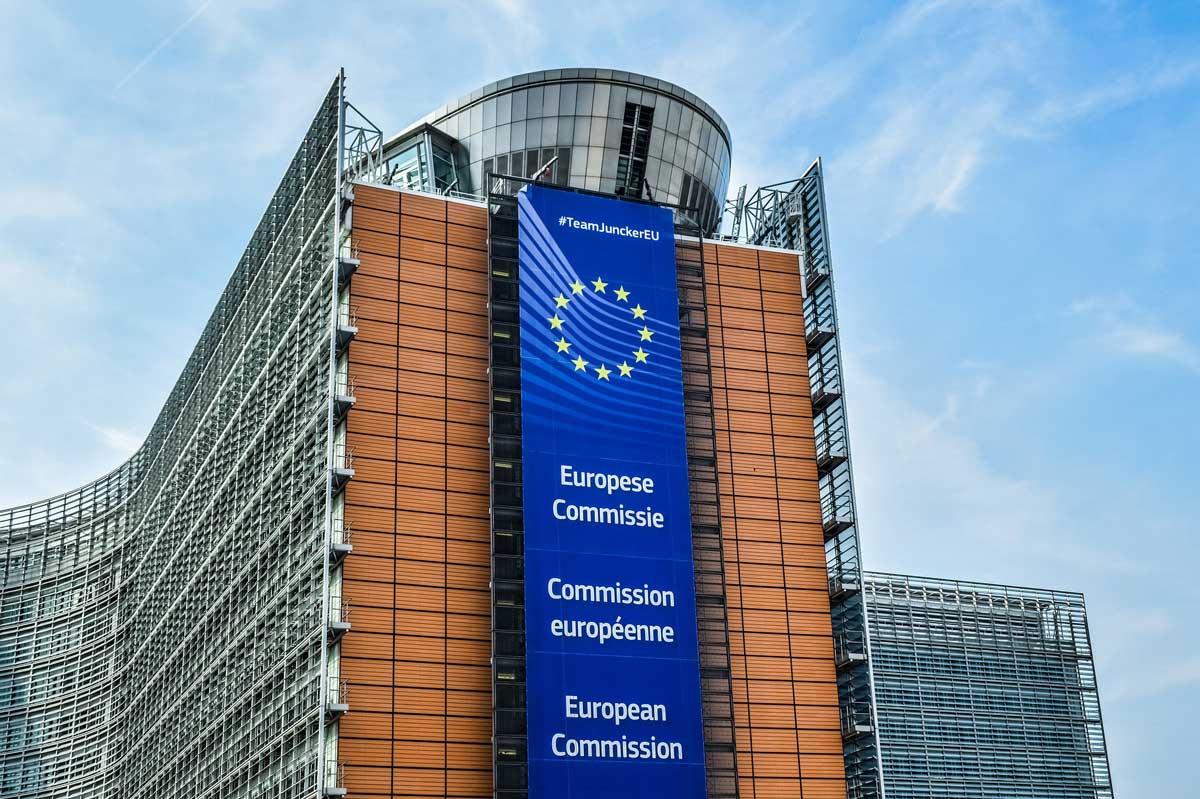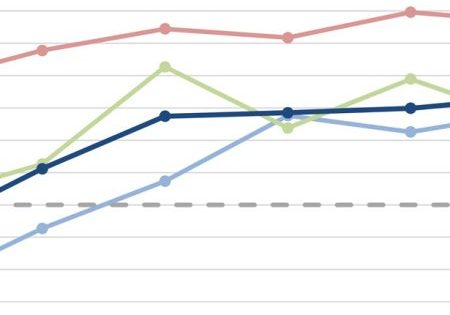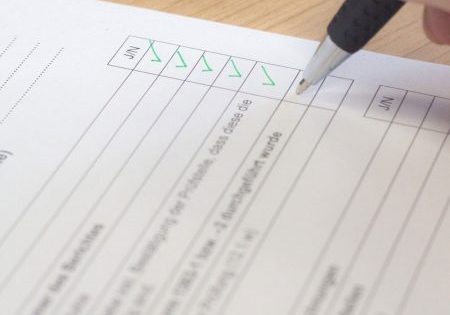Its potential and positive impact on European (lift) SMEs are explored.
At the beginning of February 2022, the European Commission presented its new strategy for European Standardisation, a package of proposals and measures that aims to make European standardization processes and systems more accessible, functional and transparent, to include all stakeholders and give the EU a solid basis to be a leading actor at a global level.
Moreover, the new strategy addresses very important issues, to support a more efficient European Standardisation System (ESS), so that it can be one of the leading international players in the standard writing and revision processes. Furthermore, throughout the text, small and medium-sized enterprises (SMEs) are present, a sign that their importance and role in developing fair standards have not gone unnoticed.
The new Standardisation Strategy covers several important topics. The purpose of this article is to give you an overview of some of the most relevant content and on why the new EU Strategy on Standardisation has the potential to be very positive for European (lift) SMEs.
Going more into detail with the content of the proposal giving some examples, with this document, the Commission:
- Acknowledges the role of SMEs in the creation of standards, but recognizes that they, and their representatives, are often unintentionally prevented from participating as effectively and efficiently as they should. This aspect also refers to the difficulty for SMEs in accessing the necessary information;
- Identifies a lack of technical experts who can work within standardization, as there are no specific courses dedicated to it, and commits to creating training courses at several levels;
- Acknowledges that European standardization does not always keep up with the latest market developments, and is committed to improving response times — this includes the possibility of publishing technical specifications where harmonized standards do not exist, which should be approached with propositive caution;
- Acknowledges the strategic role of standardization, which must be a tool to support the EU’s leading position in key sectors, especially with regard to new technologies, and to develop a fair market for all stakeholders;
- Wants to ensure that European standardization enables the respect, at a global level, of EU values, such as respect for privacy, transparency, inclusiveness and the green approach, to name a few.
The new Strategy has a lot of potential, especially for what concerns the greater involvement of SMEs, and the creation of specific training for technical experts to support European positions. These aspects, if properly implemented, can lead to several benefits for SMEs and their daily work — as explained below, they could have a positive impact also on European lift SMEs, their participation in the standardization processes and the role of their experts and of EFESME, as their association.
Before going more into detail on why this new Strategy is positive for the lift sector, there is another proposal that risks being overlooked in the bigger picture. In addition to the new EU Standardisation Strategy, there is also a proposal to amend Regulation (EU) No 1025/2012 in order to prevent any uneven voting power, and, on the contrary, favor administrative and good governance principles in the interest of all EU citizens.
In view of this objective, the amendment proposes that national standardization bodies must be the actors with decision-making power within the European Standardisation Organisations (ESOs), so that, via a balanced representation of all societal stakeholders at the national level, transparency, openness and inclusiveness will be enhanced.
In addition to this, the Commission has also decided to call on the ESOs to amend their statutes where necessary, to involve more SMEs and the civil society, and to make sure that any unbalanced and intransparent representation of industrial interest is properly addressed.
This proposal opens up changes in the European standardization landscape that are welcome for the SME world. Transparency, access to documents and/or voting rights have been of utmost importance to EFESME for years, and these Commission proposals to remedy existing problems, as part of a broader strategy, are certainly welcome.
Why Is the New Standardisation Strategy So Relevant for the SMEs that EFESME Represents in the Lift Sector?
There are some specific aspects that are of major importance and interest for all European SMEs and which are encouraging for the development of a working environment within which SMEs can work and EFESME can best continue its activities in their support.
To go a bit more into detail on this:
- The role of European SMEs has been underlined several times in the text, which is positive. What is crucial now is to ensure that the proposed measures are actually implemented, and in the best possible way. In this respect, the various activities organized by sectoral associations, such as EFESME, and their partners, such as SBS (Small Business Standards), are crucial in highlighting the role of SMEs in standardization.
- The proposed review of ESOs governance, to ensure greater transparency, a topic of interest for EFESME for some time, supports the idea that ESOs should ensure that their (new) rules of procedure take due account of the opinion of all European stakeholders, including SMEs. This could open interesting possibilities to ensure that SME representatives are increasingly present at all levels that matter.
- The recognition of the importance of SMEs and their participation in international standardization is crucial to prevent ISO, ITU and IEC standards from watering down the more precise and stringent European standards, to the detriment of SMEs. In such a context, associations such as EFESME can present experts to represent SMEs at the international level.
- The Commission has recognized the importance of having standards that are readable and user-friendly, especially for SMEs. This is crucial, especially considering the cost of the standards themselves (which can run into hundreds of euros when one standard refers to others), and the sometimes unavailability of a translation into the national language. EFESME, with the support of SBS, has been fighting for years for these costs to be significantly lowered — greater user-friendliness and accessibility to standards is certainly welcomed by our industry.
- In general, the text proposes greater SME accessibility to the European standardization process, both from a practical point of view (participation in meetings/participation of their representatives in decision-making processes), and from a documentation point of view (free access to the necessary documents). If well implemented, this decision would make it easier for technical experts to work, and for SMEs to be properly represented by their sectoral associations where it counts.
- Creating training pathways for technical experts, especially for SMEs, is crucial to opening up interesting possibilities for training experts in standardization. This has a very positive impact both on the possibility for SMEs to participate directly in the ESS, but also to strengthen their associations, such as with EFESME and SBS.
Such positive aspects do not mean that, now, the ESS is easily accessible for SMEs from all sectors, but it shows a bigger interest and commitment on the EC side to involve all the stakeholders in standardization processes. The intentions are good and set in the right decision, and EFESME welcomes this approach, with the firm conviction that this proposal has the potential to create a fairer ESS in which European SMEs and their experts can express their voices and opinions. As the European Federation supporting European lift SMEs, EFESME intends to seize this opportunity to obtain the best results and standards for our companies and workers.
Reference & Supporting Documents
COM(2022) 31 – An EU Strategy on Standardisation (ENG, FR, DE)
COM(2022) 32 – Proposal for a Regulation amending Regulation (EU) No 1025/2012 as regards the decisions of European standardisation organisations concerning European standards and European standardisation deliverables (ENG, FR, DE)
COM(2022) 30 – Report from the Commission to the European Parliament and the Council on the implementation of the Regulation (EU) No 1025/2012 from 2015 to 2020 (ENG)
C(2022) 546 – Work programme and Annexes – The 2022 annual EU work programme for European standardisation
Get more of Elevator World. Sign up for our free e-newsletter.










